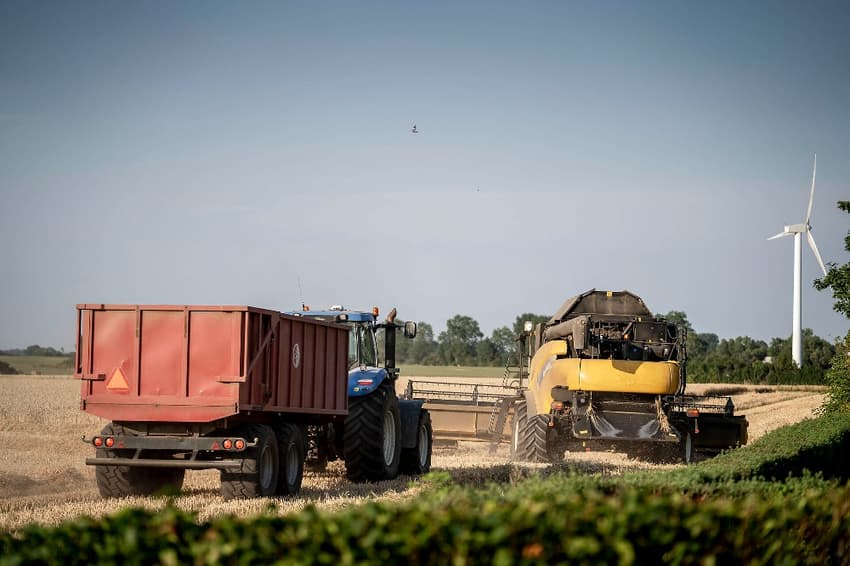Denmark’s new government sets 2045 climate neutrality target

Denmark’s new centre coalition says it is setting more ambitious climate targets.
Prime Minister Mette Frederiksen said the new government which she will lead will raise Denmark’s climate ambitions.
Frederiksen confirmed new climate targets during the presentation of the new government platform on Wednesday.
In what Frederiksen called an “ambitious climate act”, the new government wants to make Denmark climate-neutral by 2045 and reduce CO2 emissions nationally by 110 percent compared to 1990 levels.
Both targets set higher criteria than existing climate goals. The previous target for climate neutrality was 2050.
“We are now more ambitious than we were before,” Frederiksen said.
The government will also pursue the existing policy of introducing a CO2 tax on agriculture and the aviation industry.
All three government parties – the Social Democrats, Moderates and Liberals – favour environmental levies on the two sectors. The Liberals were previously sceptical over the benefits of a CO2 emissions charge.
READ ALSO: Danish agricultural sector softens stance on emissions tax
Comments
See Also
Prime Minister Mette Frederiksen said the new government which she will lead will raise Denmark’s climate ambitions.
Frederiksen confirmed new climate targets during the presentation of the new government platform on Wednesday.
In what Frederiksen called an “ambitious climate act”, the new government wants to make Denmark climate-neutral by 2045 and reduce CO2 emissions nationally by 110 percent compared to 1990 levels.
Both targets set higher criteria than existing climate goals. The previous target for climate neutrality was 2050.
“We are now more ambitious than we were before,” Frederiksen said.
The government will also pursue the existing policy of introducing a CO2 tax on agriculture and the aviation industry.
All three government parties – the Social Democrats, Moderates and Liberals – favour environmental levies on the two sectors. The Liberals were previously sceptical over the benefits of a CO2 emissions charge.
READ ALSO: Danish agricultural sector softens stance on emissions tax
Join the conversation in our comments section below. Share your own views and experience and if you have a question or suggestion for our journalists then email us at [email protected].
Please keep comments civil, constructive and on topic – and make sure to read our terms of use before getting involved.
Please log in here to leave a comment.